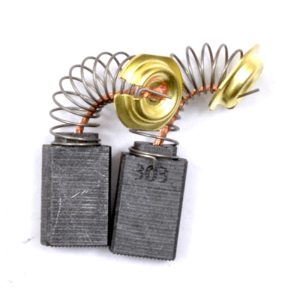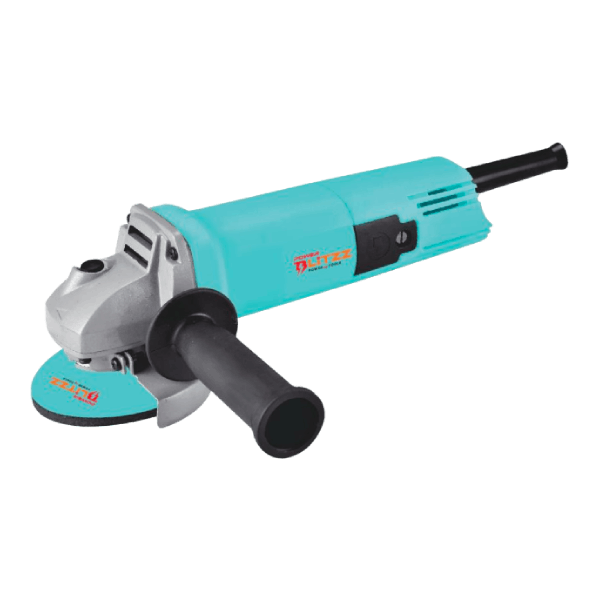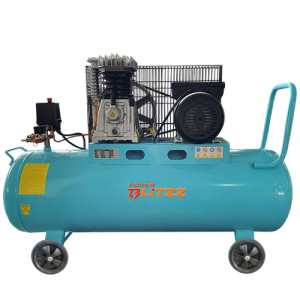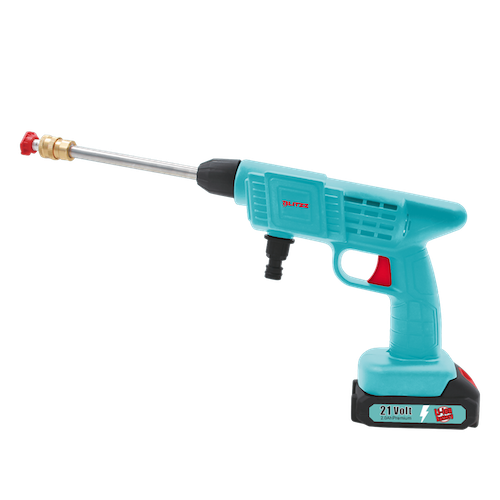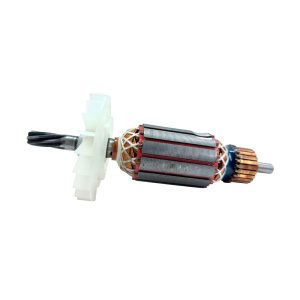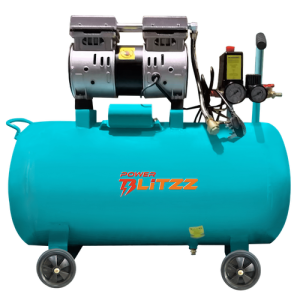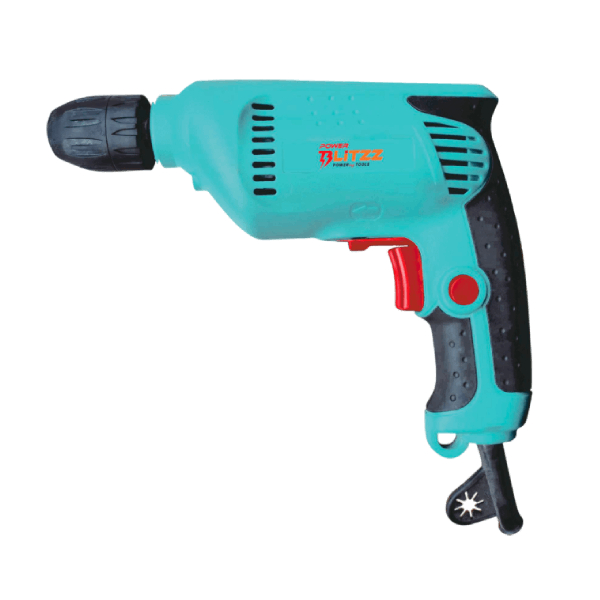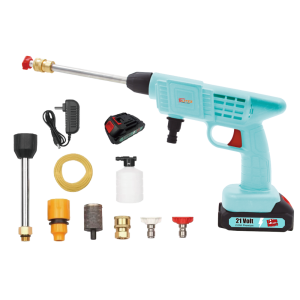In the realm of electrical machinery, there exists a small yet mighty component that ensures the seamless operation of various devices which is carbon brushes. These unassuming elements serve as the backbone, establishing vital electrical contact between rotating parts and power sources. Their role might be direct, but their impact is profound, making them a critical aspect of machinery efficiency and performance. In this blog, we embark on a journey to demystify carbon brushes.
Understanding Carbon Brushes
Role of Carbon Brushes
Carbon brushes are conductive components that transfer electrical current between stationary and rotating parts in motors, generators, and similar machinery. They ensure smooth operation by maintaining electrical contact.
Composition and Functionality
Typically made from carbon, graphite, and other materials, these brushes work by sliding against a commutator or slip ring, providing a stable electrical connection and aiding in the efficient transfer of power.
Factors Impacting Lifespan
Material Quality
The quality of carbon brush materials significantly affects their lifespan. Brushes made from high-quality carbon compounds and additives tend to have better wear resistance and longer life expectancy.
Operating Conditions
The operating environment plays a crucial role. Factors such as temperature, humidity, dust, and contaminants can impact brush wear. Harsh conditions might accelerate wear and reduce the lifespan of brushes.
Load and Current
Higher electrical loads or excessive current passing through the brushes can lead to increased wear, affecting their longevity.
Environmental and Operational Factors
External factors and how machinery is operated can affect the wear and performance of carbon brushes.
Temperature and Humidity:
Extreme temperature variations and high humidity levels can accelerate brush wear and deterioration of the material, affecting their lifespan.
Speed and Frequency of Operation:
Higher rotational speeds and frequent starts/stops in machinery can contribute to increased brush wear due to friction and arcing.
Alignment and Contact Pressure:
Proper alignment of brushes against the commutator or slip ring and maintaining optimal contact pressure are essential to minimize wear and extend brush lifespan.
Maintenance Practices
Proper Brush Installation
Correct installation is vital. Ensure brushes are installed according to manufacturer guidelines, with proper tension and alignment. Improper installation can cause uneven wear and premature brush failure.
Regular Inspections and Replacements
Routine inspections of brushes are essential. Check for signs of wear, such as excessive sparking, reduced electrical contact, or uneven brush wear. Replace brushes before they reach the critical wear limit.
Electrical and Mechanical Considerations
Electrical Load and Voltage
Higher electrical loads or voltage can increase wear on carbon brushes. Ensuring the electrical system is within the recommended operating parameters can prolong the brush’s lifespan.
Mechanical Friction and Speed
Excessive friction or high-speed operation can accelerate brush wear. Maintaining proper lubrication, reducing mechanical stress, and operating within specified speed limits can extend brush life.
Cleaning and Lubrication
Keeping brushes and commutators/slip rings clean from dust, debris, or carbon buildup helps reduce friction and wear. Proper lubrication of the sliding surfaces can also enhance brush performance.
Monitoring Current Levels
Avoid operating machinery at higher-than-recommended current levels to minimize excessive wear on carbon brushes.
Conclusion:
Carbon brushes are indispensable in electrical machines, and understanding the factors influencing their lifespan is crucial for optimal equipment performance. By considering material quality, operating conditions, maintenance practices, and electrical/mechanical factors, you can enhance the lifespan of brushes.
So, whether you’re dealing with motors, generators, or power tools, taking care of brushes through proper maintenance and considering operating conditions ensures they last longer, saving you time and replacement costs. Keep these factors in mind to keep your machinery running smoothly and efficiently!
